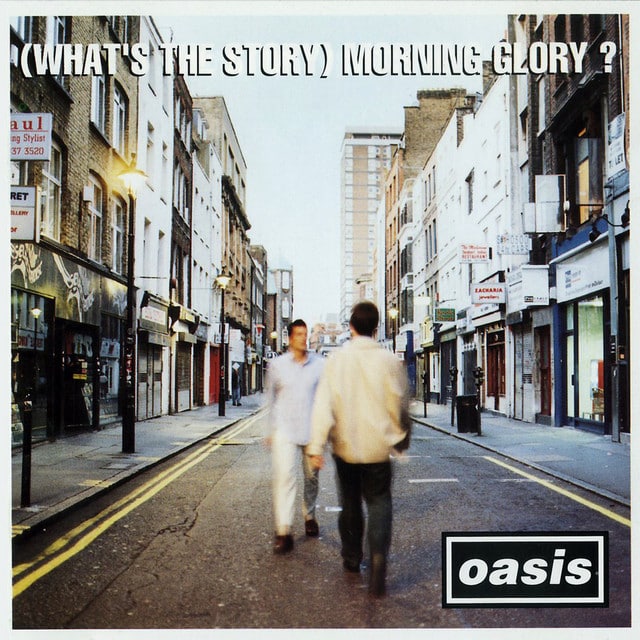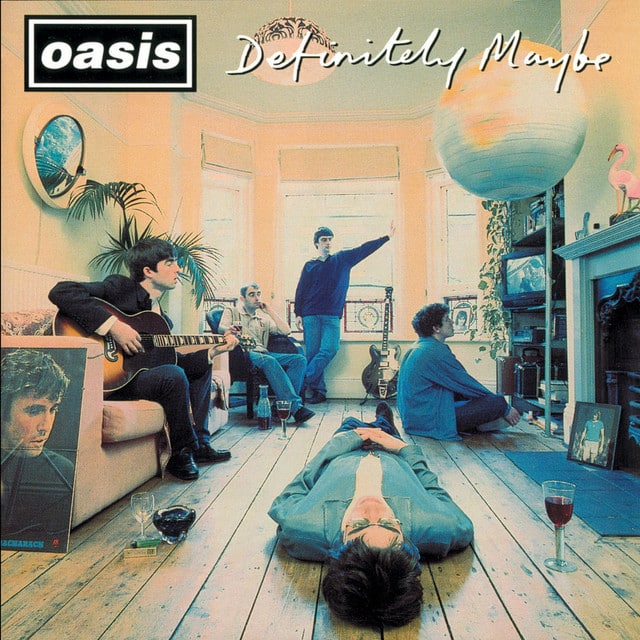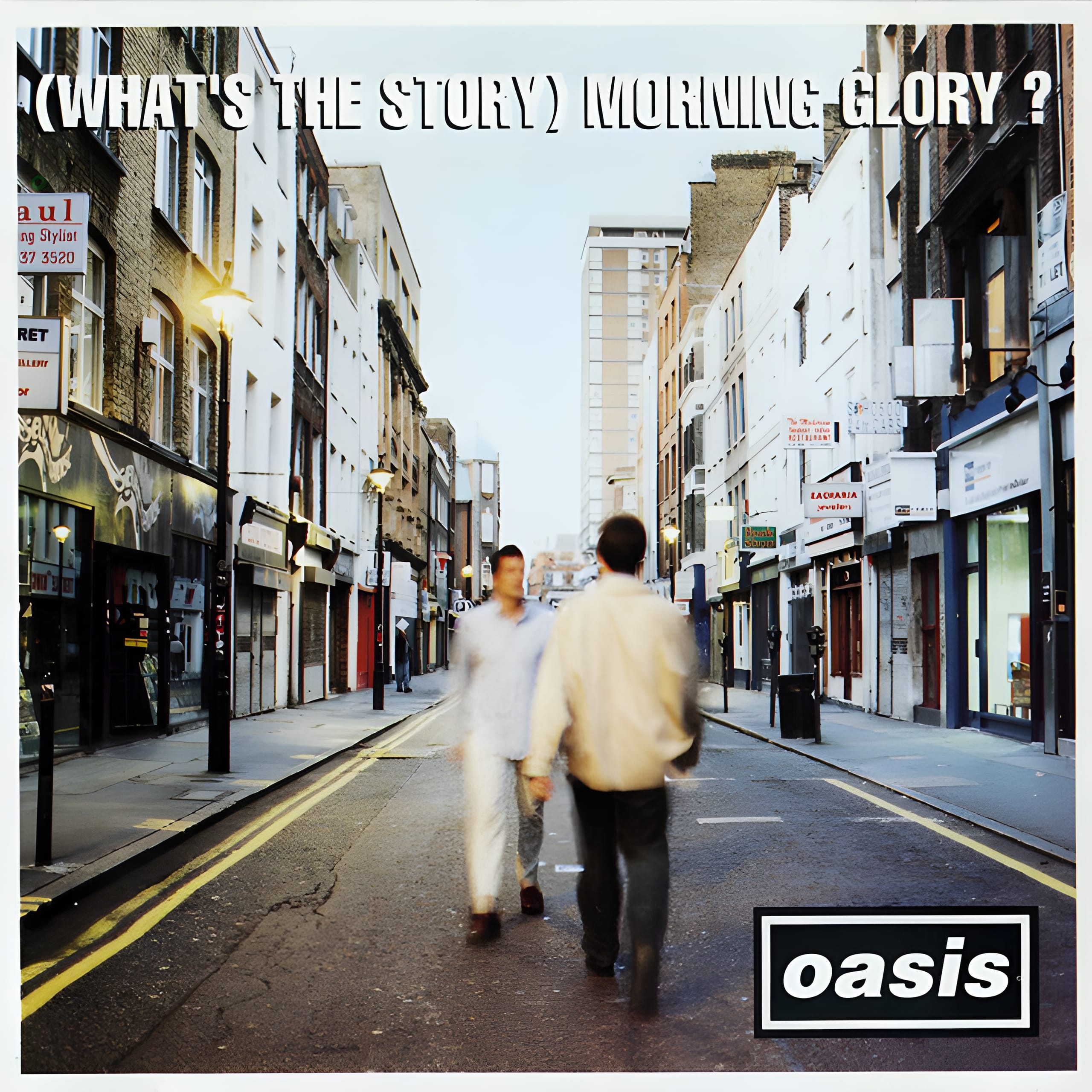Released: 1995
“Wonderwall” by Oasis, a quintessential anthem of the 90s, embodies the spirit of hope, longing, and the enigmatic idea of finding one’s saving grace in another person. The song masterfully intertwines personal yearning with a universal appeal, striking a chord with anyone who’s ever found or is in search of their metaphorical ‘wonderwall’—a term that’s left deliciously vague by the band, implying a sort of emotional sanctuary or pivotal person in one’s life. Let’s delve into the lyrical landscape of this iconic track.
The opening lines, “Today is gonna be the day that they’re gonna throw it back to you” sets an optimistic tone, suggesting a moment of reckoning or opportunity that is coming the protagonist’s way. In the context of the song, it’s an urging for the listener or the person being addressed to seize an opportunity, likely for reconciling or opening up emotionally. The phrase “throw it back to you” here, communicates a cyclical chance, a boomerang of fate, if you will.
Then, we’re ushered into a bit of introspection with, “And by now, you should’ve somehow realized what you gotta do.” It hints at a common human experience—recognizing the actions we need to take in life, especially when it comes to relationships and personal growth. The speaker brings in a universal sentiment, “I don’t believe that anybody feels the way I do about you now,” showcasing the deep, singular nature of personal affection. It’s a line that has resonated with listeners for decades because who hasn’t felt an unparalleled connection to someone else?
The mention of a “backbeat” and “the fire in your heart is out” metaphorically touches on rhythm and passion waning in life or love, suggesting hardship or a loss of direction. Yet, the persistence of belief in the uniqueness of their connection remains unwavered.
As the song progresses through its musings on life’s winding roads and blinding lights—a poetic way to talk about life’s complexities and challenges—the chorus bursts in with a hopeful notion. “You’re gonna be the one that saves me/And after all/You’re my wonderwall.” The term “wonderwall” itself, though never precisely defined by the band, has come to represent an emotional lifeline, a beacon during personal turmoil, or simply someone that holds profound significance in one’s life.
Interestingly, the song acknowledges its own repetition and the cyclical nature of longing, introspection, and unarticulated needs with variations in the verses that reflect on time passing and the persistence of the undisclosed feelings. It’s as if the song itself struggles with the articulation, embodying the very lines, “There are many things that I would like to say to you, but I don’t know how.”
Ultimately, “Wonderwall” captures the fervent, yet often ineffable nature of human connection and the solace we find in our personal ‘wonderwalls’. It’s a testament to the song’s lasting appeal that it continues to be a touchstone for those moments of introspection and the journey towards understanding and expressing our most profound connections. Oasis might not have laid out a dictionary definition for “wonderwall,” but through this song, they certainly nailed the feeling.








